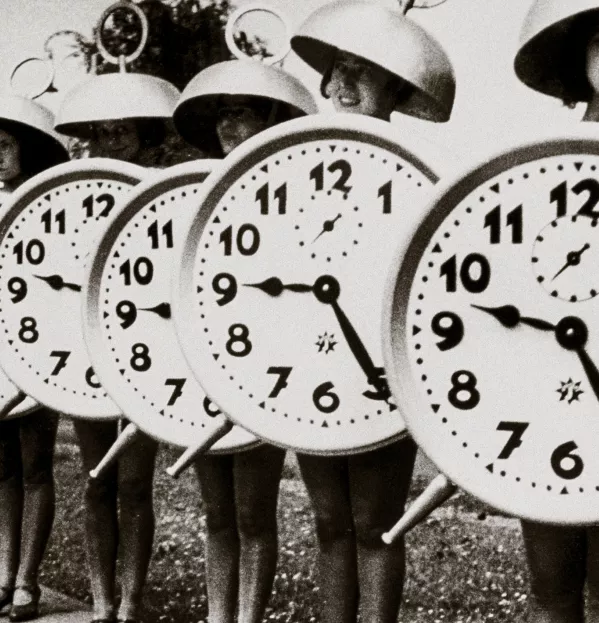Would starting school an hour later just create more problems?
Share
Would starting school an hour later just create more problems?
https://www.tes.com/magazine/archived/would-starting-school-hour-later-just-create-more-problems

A recent petition calling for schools to start an hour later sparked cynicism in me. At first. Surely everyone - students and teachers - would go to bed one hour later than normal, simply pushing the tiredness-in-class epidemic forward by an hour?
But after a little digging into research about sleep patterns and body clocks, I have to admit that the current one-size-fits-all school start time does begin to look anachronistic.
I asked myself: should schools become more flexible in order to optimise learning, exam performance and students’ mental and physical health? We know that, among other things, lack of sleep has been linked to obesity and depression.
So a later start could result in more alert pupils, which, in turn, could open up opportunities for teaching across the whole school day. As it stands, a lot of teachers use the first period of the day for low-impact lessons, revision and research rather than introducing a new topic. And as we all know, the last period of the day is fraught if the pupils are over-tired. A later start could allow the entire school day to be utilised to the maximum.
At different stages of our life we wake up at different times. Unfortunately for school timetablers who are considering ringing the school bell an hour later, this might vary by up to two-and-a-half hours between the ages of 10 and 18. The biological alarm clock might ring at 6.30am for a pupil at the upper end of primary school, but a senior secondary student might need another 90 minutes in bed before being able to give of their best.
Could schools consider a staggered start, then, with different year groups starting at incrementally later times? It would reduce rush-hour traffic - but it would also extend the working day of secondary teachers.
We should consider the range of sunrise times across the UK. Pupils in Plymouth, for example, start school at the same time as those in Shetland, even though sunrise comes far later for the islanders well past winter, which means they spend more of the year being forced out of bed without natural light to spark them awake.
Moving the start of the school day forward an hour could address some of our pupils’ issues over sleep - but it might just create new problems, too.
Gordon Cairns is a teacher of English in Scotland
Already a subscriber? Log in